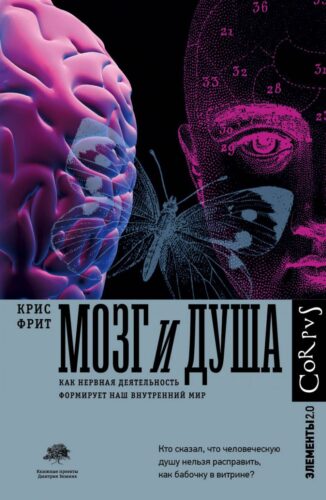Описание книги
About the product Chris Frith, an English neuroscientist and neuropsychologist, clearly demonstrates how far modern psychology has gone and how cleverly it has learned to use the scientific achievements of other disciplines: from chemistry to mathematics. For the first time in history, we are on the verge of comprehending our own mind. Our brain is one of the most amazing creations of nature. And one of the most mysterious. For a long time it was believed that it was impossible to comprehend exactly how it works, «to look into one’s own head». At least through science, not ritual magic or ancient superstitions. Then, gradually, scientists learned to register certain processes in our brain and correlate them with certain actions, but even despite this, psychology is now perceived by many as some kind of, at best, a very vague area of knowledge, and at worst — as quackery and sell. Chris Frith recalls that before the discovery of chemical elements in the 18th century, chemistry was in exactly the same position. Modern psychology, or, if this sounds more «scientific» to some, cognitive neuroscience, has achieved amazing results using absolutely scientific tools: from the theory of probability to conditioned reflexes. Abstract Science can help us look into distant space and sink into the deepest abyss of the world’s oceans, with the help of science we study the world around us and build magnificent buildings, science, in the end, is able to create artificial intelligence, but are we able to comprehend our your own mind? Most physicists, chemists, or mathematicians, for example, will say no. Psychology, according to many, is not a science at all. Well, or not quite science. But the eminent English neuroscientist and neuropsychologist Chris Frith is sure that people who are so different from each other still have common properties of the psyche that can be studied using scientific instruments. And get absolutely incredible results.
FAQ
